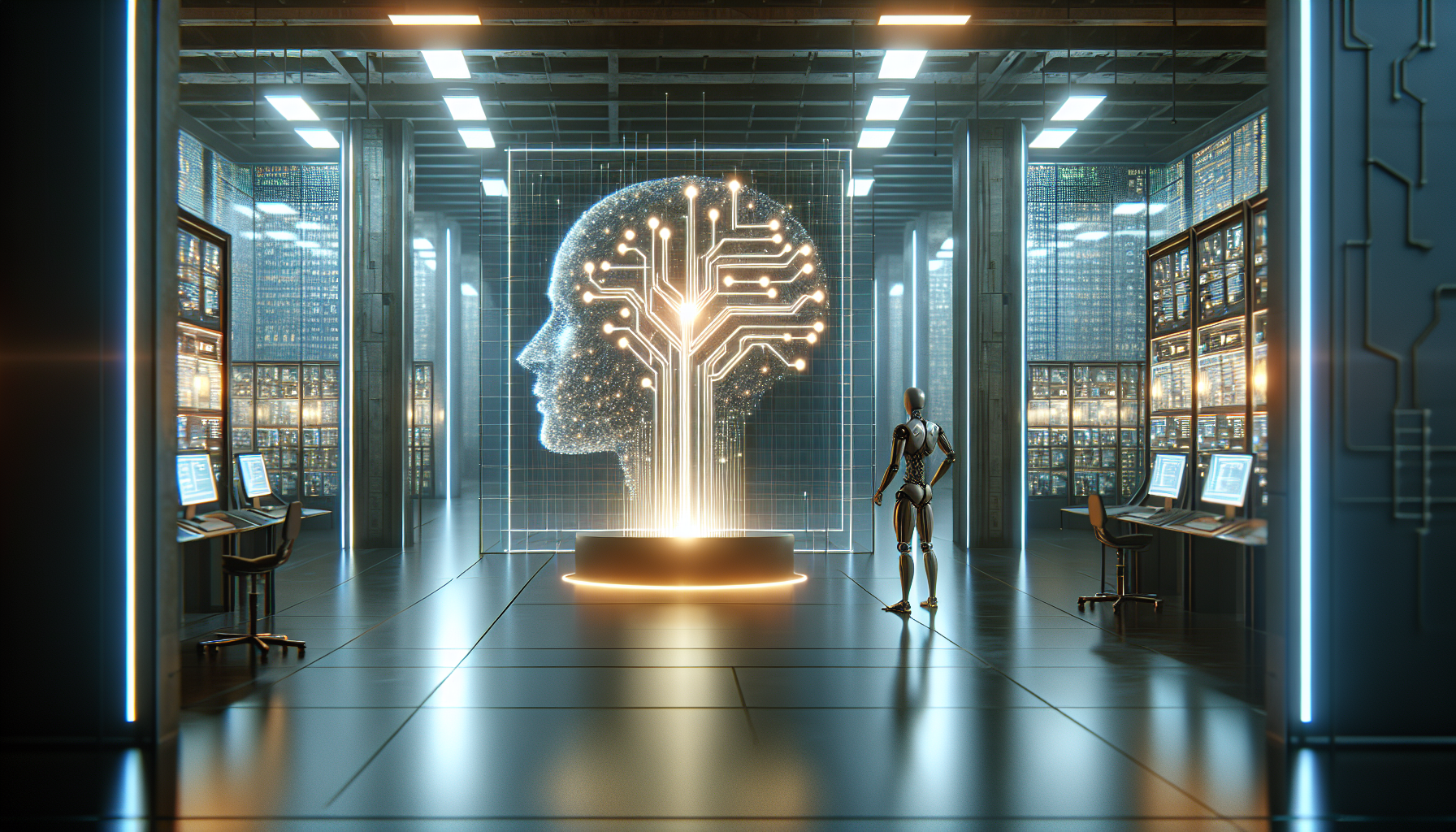
Smart Homes and AI: A Historical Journey Toward a Seamless Lifestyle
May 7, 2025
Imagine a world where your home anticipates your needs and responds to your desires with a simple spoken command or a discreet gesture. This scenario, which once belonged to the realm of science fiction, is now becoming a reality thanks to the integration of artificial intelligence in smart homes. The journey to this point has been a fascinating blend of technological innovation and human imagination, each step building on the last to transform our living spaces into interactive, intelligent environments.
The concept of a smart home might seem like a modern innovation, yet its roots dig deep into the history of human ingenuity. The seeds of this idea were sown in the early visions of automated living, where inventors and futurists dreamed of homes that could think and act autonomously. These early concepts were more about the allure of automation than the practical applications we see today, with visions of robotic helpers and self-operating appliances capturing the public imagination, albeit more as curiosities than realities.
As technological advancements accelerated, particularly with the advent of computers and the internet, the foundations for modern smart homes were laid. The initial stages of this journey saw the development of standalone gadgets—simple, programmable devices that could perform specific tasks. These devices were the precursors to today's smart home technology, providing the first taste of what homes could become when layered with intelligence.
The real transformation, however, began with the integration of AI into these systems. Artificial intelligence has brought about a profound shift in the way we interact with our homes, turning them from passive structures into dynamic participants in our daily routines. Unlike early automated systems, AI-driven smart homes can learn from our behaviors and adapt to our preferences, offering a level of personalization and convenience previously unimaginable.
Take, for example, the humble thermostat. Once a manual device, it has evolved into an intelligent system capable of learning your schedule and adjusting the temperature accordingly, optimizing both comfort and energy efficiency. This is not merely a luxury; it represents a significant leap forward in sustainable living. By reducing energy consumption, AI-powered smart homes contribute to a more eco-friendly future, aligning personal convenience with global environmental goals.
The historical evolution of smart homes is not only about technological advancements but also about societal shifts. As cities grew and living became more complex, the demand for efficient and effective home management systems increased. AI stepped in to fill this gap, offering solutions that cater to the fast-paced lifestyle of modern society. Today, from security systems that recognize individual family members to kitchen appliances that suggest recipes based on available ingredients, AI enhances everyday living by simplifying and enriching our home experiences.
Yet, despite these advancements, the journey is far from over. The potential of AI in smart homes is vast, and we are only beginning to scratch the surface. Emerging technologies promise even greater integration and functionality, blurring the lines between the digital and physical worlds. Imagine a home that not only responds to your commands but anticipates your needs before you articulate them—a home that understands your moods and adjusts the ambiance to suit your emotional state.
Moreover, the convergence of AI and smart homes raises intriguing questions about privacy and security. As our homes become smarter, they also become repositories of personal data, necessitating robust safeguards to protect against breaches. The historical perspective reminds us that with every technological leap comes new challenges, urging us to balance innovation with responsibility.
Looking ahead, the possibilities seem boundless. The historical journey of smart homes and AI is a testament to human creativity and our relentless pursuit of a better quality of life. As we stand on the cusp of further advancements, one might wonder: How will future generations perceive our current innovations? Will they see them as quaint stepping stones to an even more integrated and intelligent future, or as the foundation upon which a new era of living was built?
In this ongoing narrative, one thing is certain: the fusion of artificial intelligence with our living spaces will continue to redefine what it means to call a place "home." As we embrace this future, the challenge lies not just in the technology itself, but in harnessing its power to enhance the human experience, ensuring that our homes remain not just smart, but truly intelligent.


